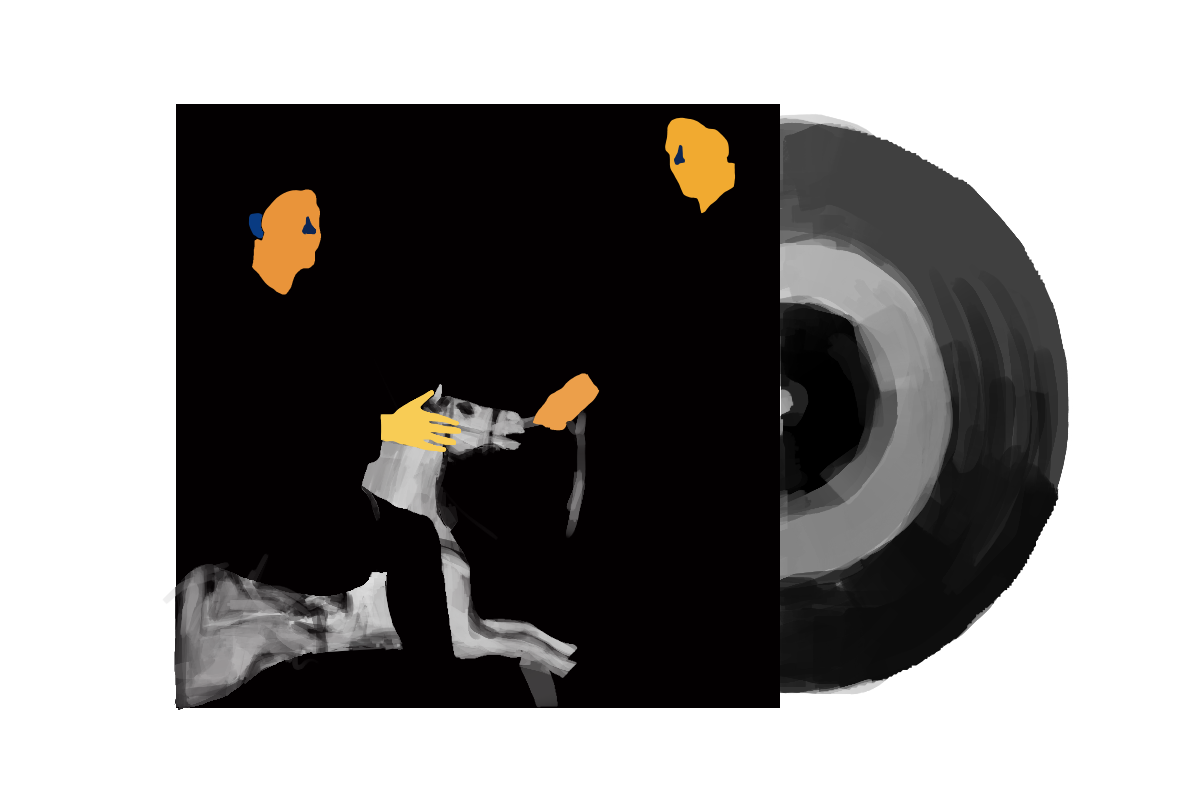If there’s one thing to be said about MGMT, it is that the band has come a long way sonically since its earlier hit songs, like “Kids” or “Electric Feel.” The band’s fifth studio album, “Loss Of Life,” is a welcome return that continues to showcase its capacity for self-reinvention.
“Loss Of Life” is a marked step away from the synth-heavy sound found in its debut LP “Oracular Spectacular,” and just as different from the grittier, electronica-heavy songs on its 2013 self-titled album. The new album is contemplative and consistent, diving further into the psychedelic sound layered in its background instrumentation.
MGMT carves out the album’s direction by delving into indie-rock sounds that contrast the synth-pop tinges of the band’s 2018 album “Little Dark Age.” The vibrant singles “Mother Nature” and “Nothing To Declare,” showcase prominent, clear guitars, which create a warm sound that further emphasize the album’s consistently crisp production.
“Mother Nature” is one of the album’s catchiest offerings, with the vocals accompanied by dreamy soundscapes setting the foundations for the album’s focal themes. The varying repetition of the lines “I understand” at the end of the choruses display reflection. Specifically, the hope of moving forward and grappling with the melancholy of acceptance is placed front and center here, themes that comprise much of “Loss Of Life.”
In contrast, “Nothing To Declare” features stripped-down instrumentals that convey nostalgic undertones, a focal point of the album’s acoustic-driven tracks. The song seamlessly segues into solemn moments, echoing that previous feeling of acceptance in a more resigned tone. This also provides one of the best fits for Andrew VanWyngarden’s vocals, as seen in the subdued repetitions of “Don’t ask me who I am,” “Don’t ask me where I was” and “Don’t ask me how I know.” Similarly to “Mother Nature,” the repetition sticks with listeners.
Although VanWyngarden’s performances can occasionally lack variation, he still conveys the introspective topics within the album’s lyrics effectively. Even with a few unwieldy lines like “Nobody calls me the gangster of love” from “I Wish I Was Joking,” the majority of the lyrics provoke reflection for the listeners.
“Loss Of Life” was produced by the members of MGMT and longtime collaborator Patrick Wimberly, but its further contributions show the band’s continued openness to adding on to existing styles. Christine and The Queens’ feature on “Dancing In Babylon” — the first guest appearance on a MGMT album — just goes to show how much depth harmonies can add to VanWyngarden’s usual delivery. On the instrumental side, Daniel Lopatin of Oneohtrix Point Never fame brings in his characteristic experimental production and electronic edge, bolstering the atmosphere of “Phradie’s Song” and the climactic sections of “People In The Streets.”
The closing title track ends on a crescendo of building trumpets and electronics. Its final lyric, just before decaying into noise and fading away in the album’s final seconds, is “When the morning comes and life is over / Anyone can love, anyone can love.” This perfectly encapsulates the consistent emotional nature behind the entire album. “Loss Of Life” pushes for artistic growth and extends its boundaries, proving MGMT is here to stay.
Contact Kaleo Zhu at [email protected].


























































































































































